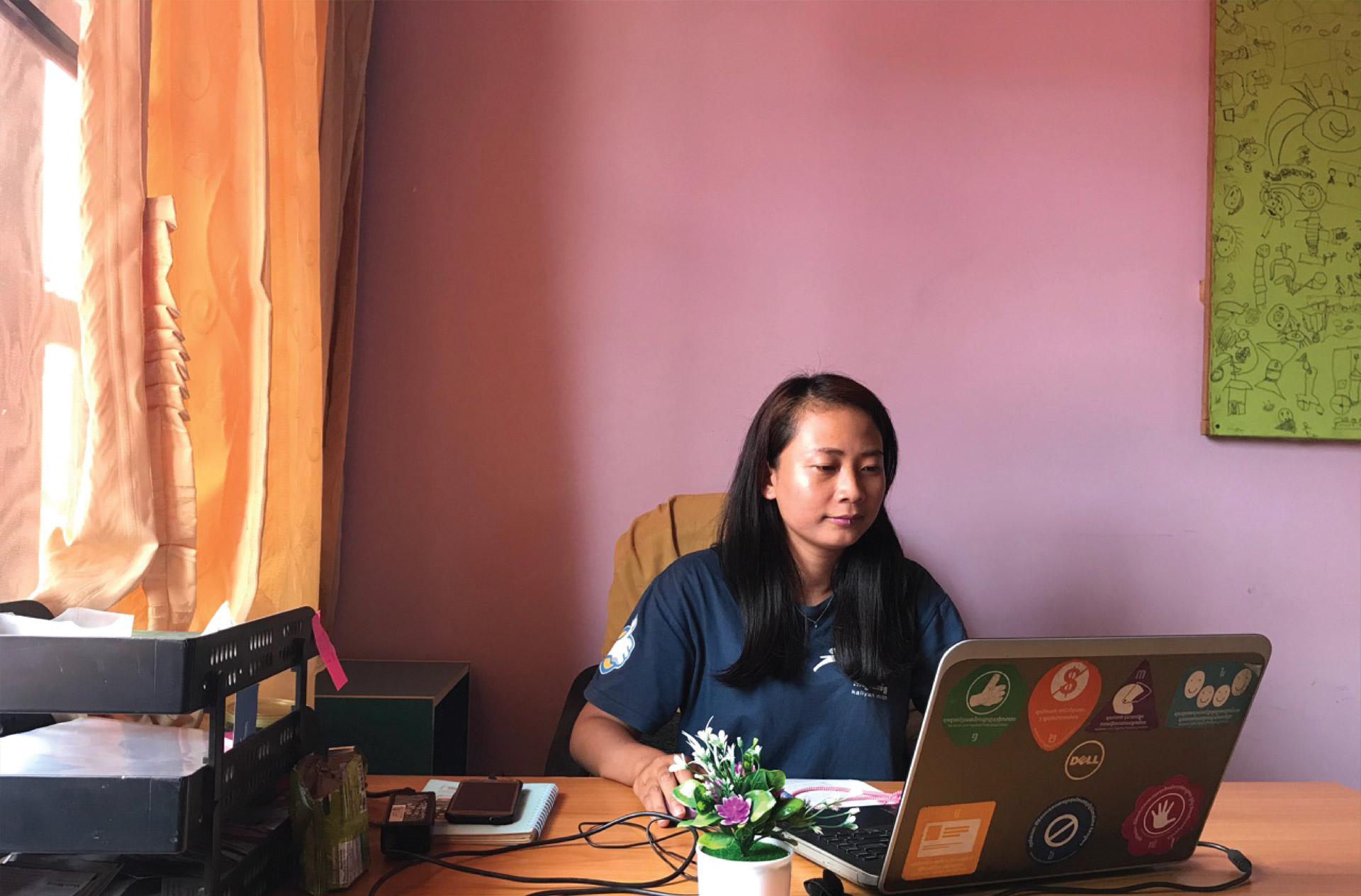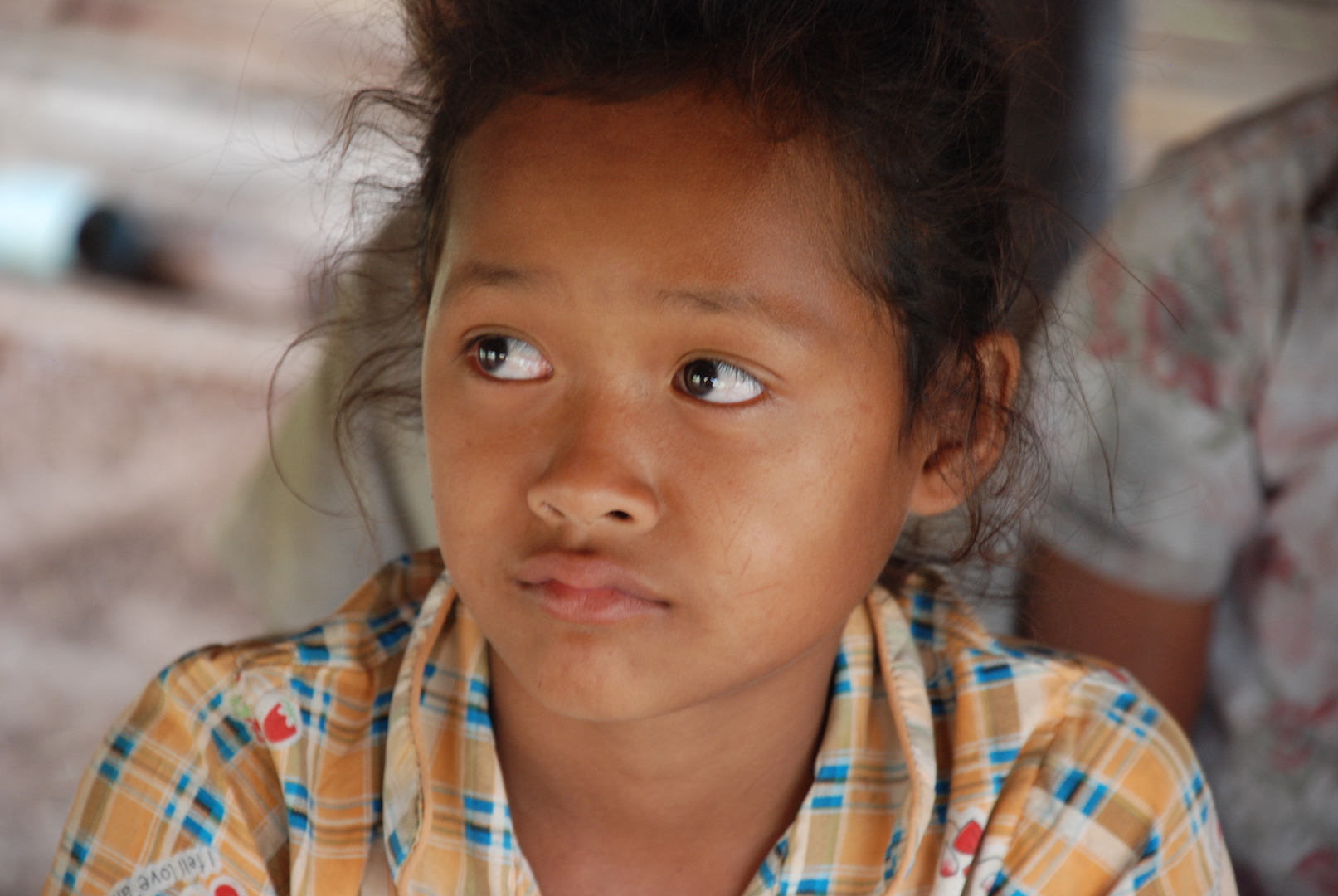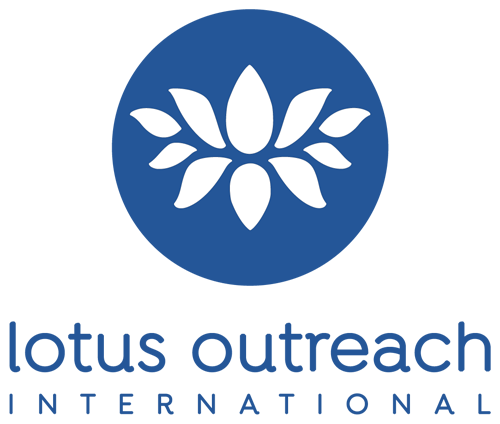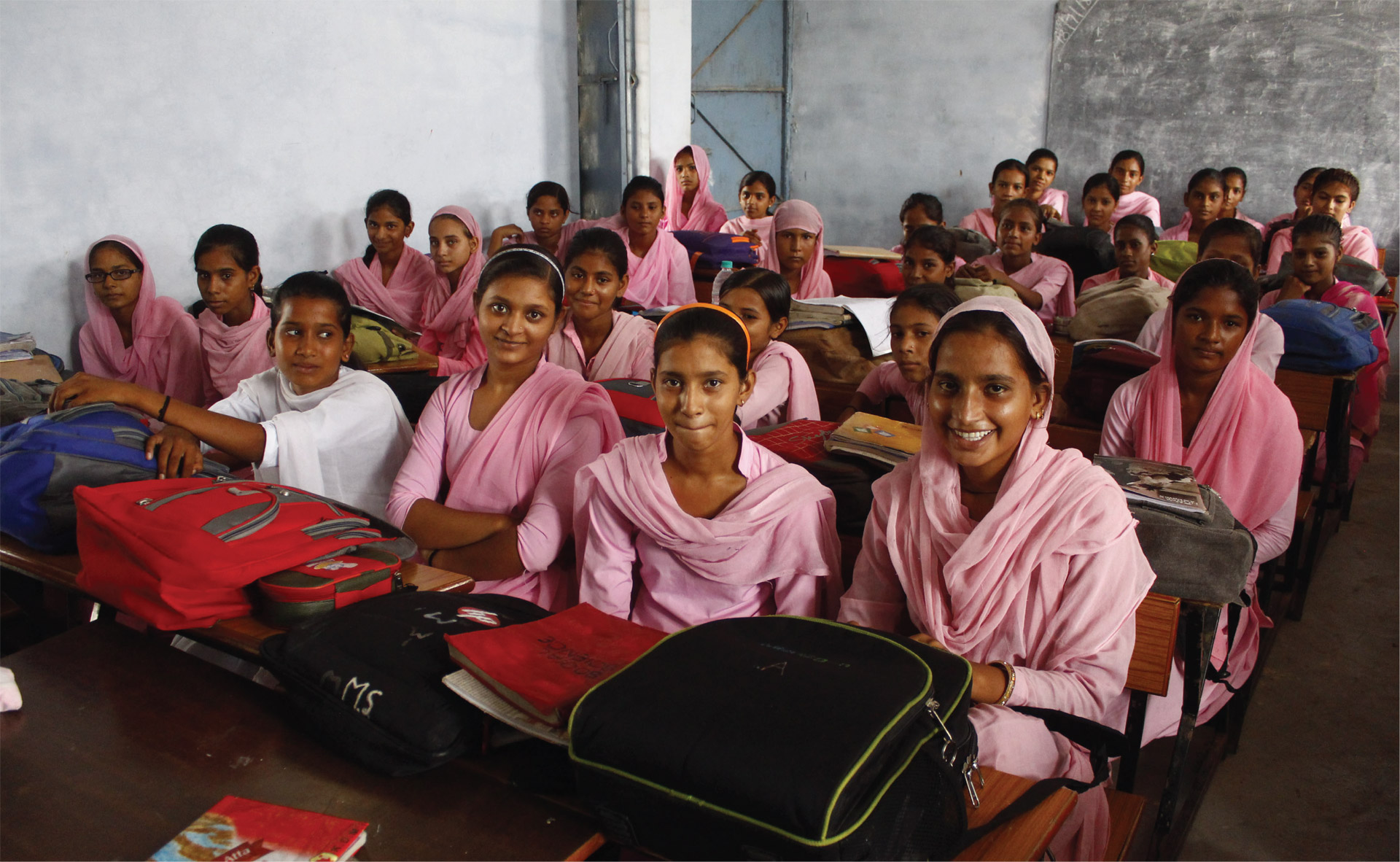
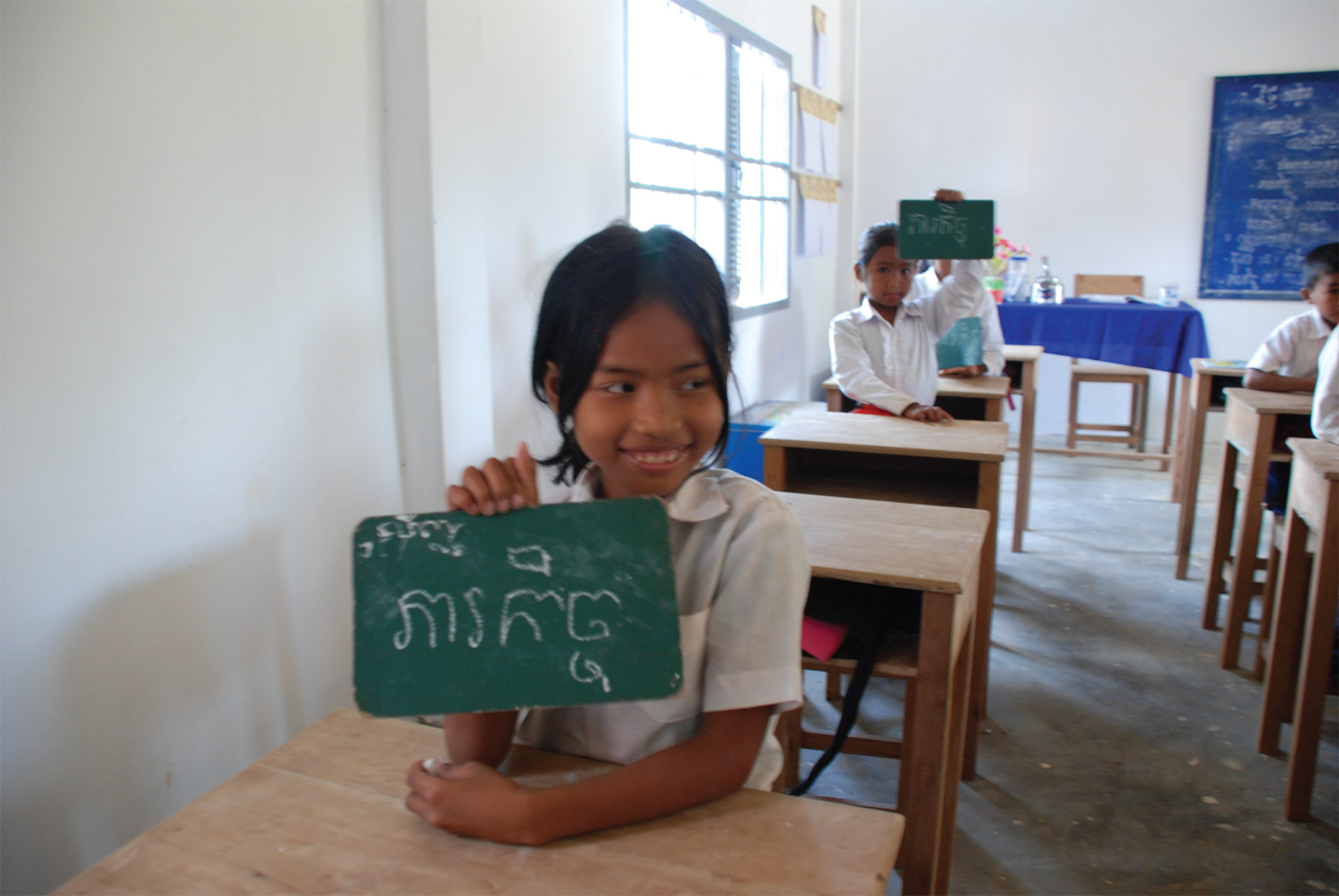
children worldwide are living in poverty and at risk of exploitation
That’s nearly 1 in 8 people worldwide. We operate in some of the most neglected rural areas of India and Cambodia serving at risk populations with education, training, anti-trafficking, and health and water services.
When you empower a girl,
you transform a community.
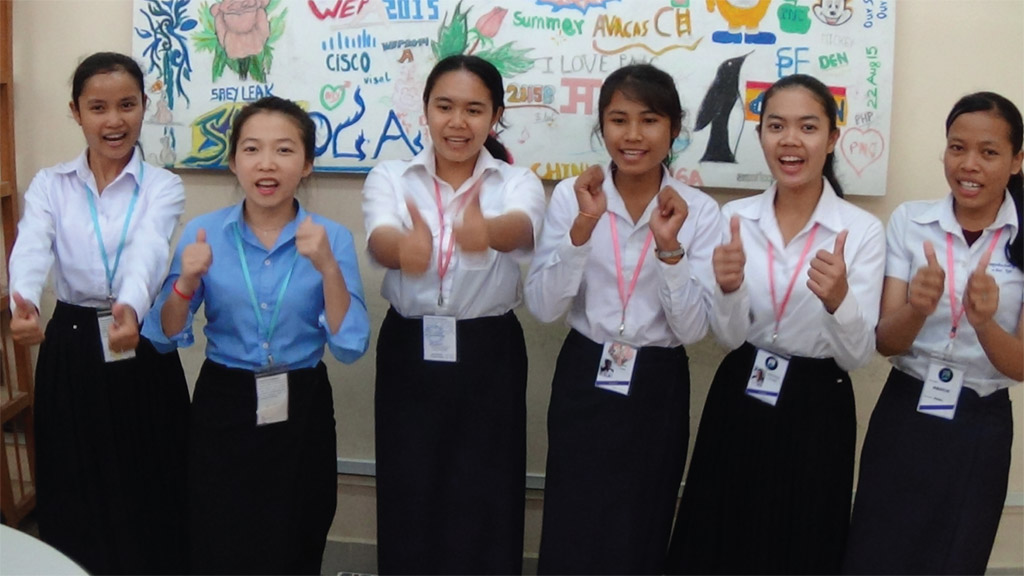
Our education, training and care projects are changing the lives of over 12,000 women and children in 2020.
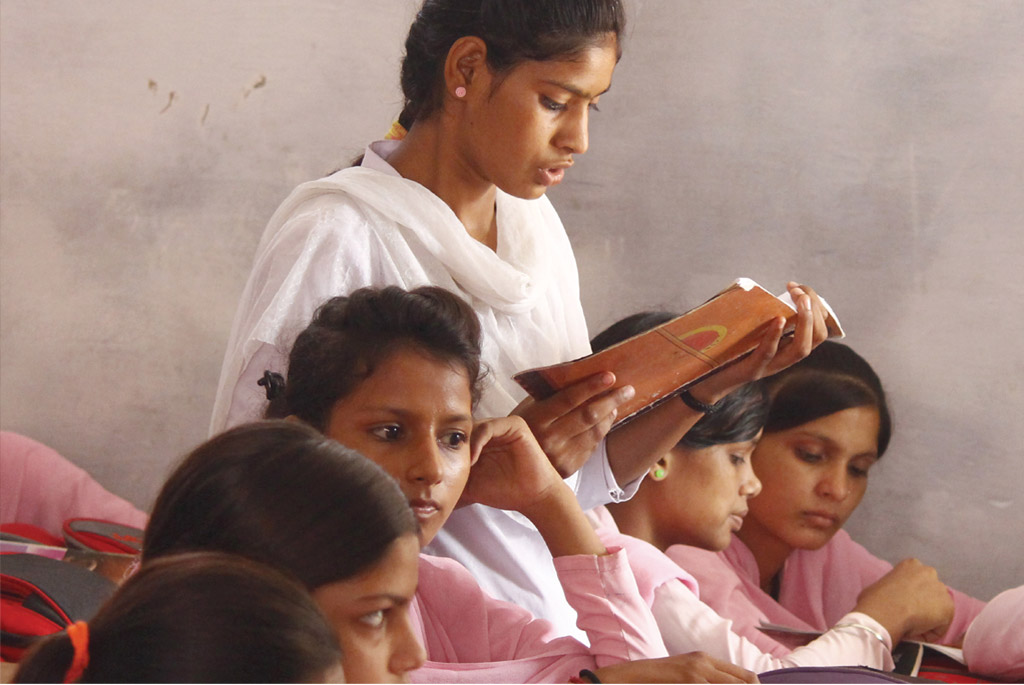
Girls’ education is a transformative force. Educated women experience wide-ranging benefits, including: healthier children, less risk of experiencing domestic violence, marry younger, have fewer children, higher incomes, respect in making household decisions, and better healthcare for their families. All these advantages combined can help lift households, communities, and nations out of poverty.
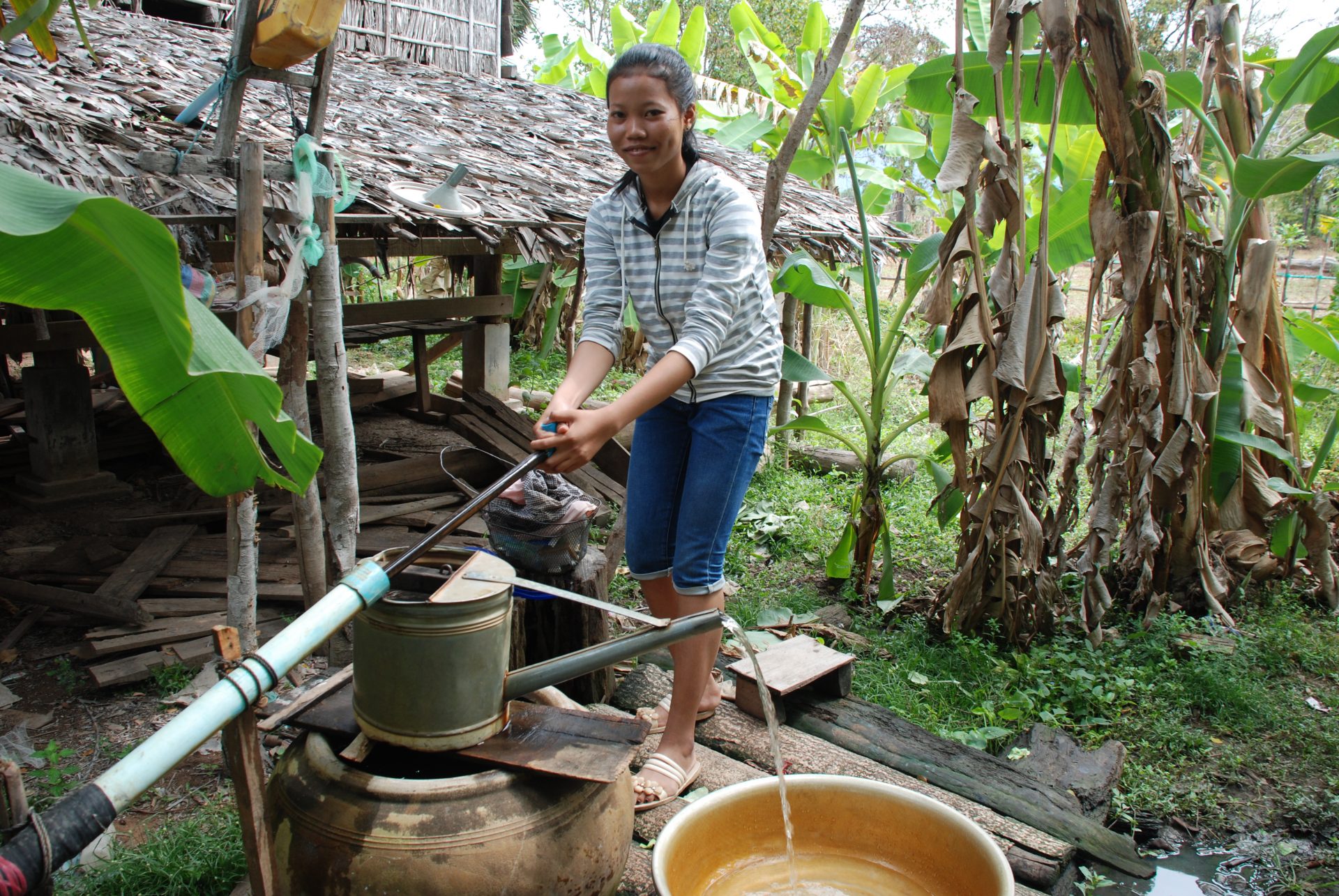
Where there is poverty, there are opportunities for exploitation. Women and girls are much more vulnerable than men and boys in low income countries where gender discrimination impacts all levels of social, economic and political life. We recognize gender discrimination and work toward gender equality in the communities we are active.
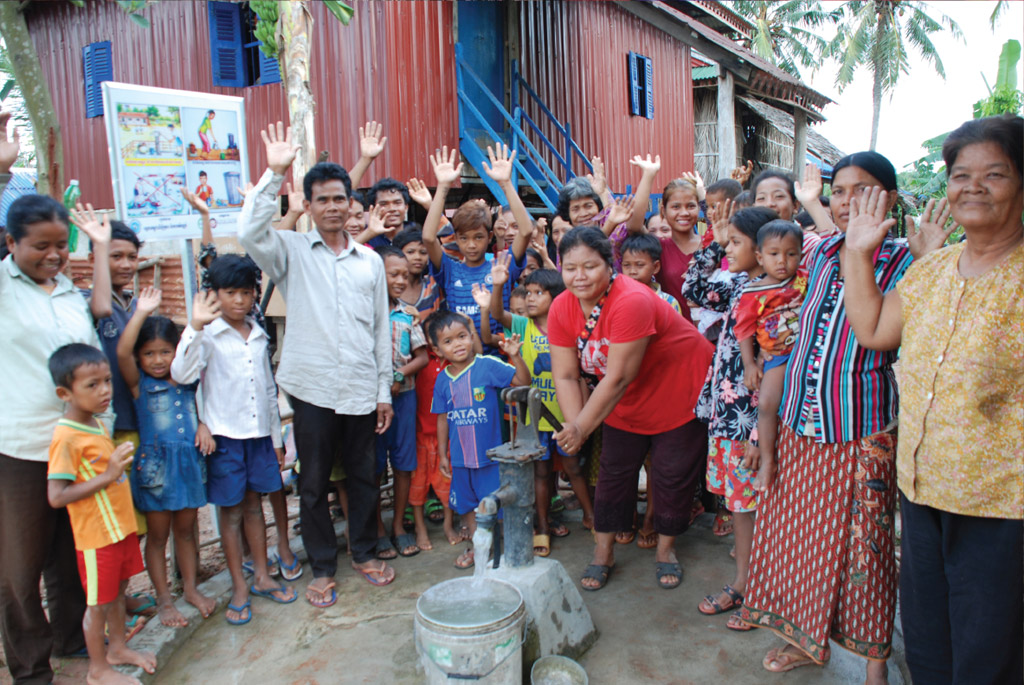
Our care initiatives address gaps in the provision of basic needs in places where the conditions for exploitation are devastating. They work together with our education and training projects to cultivate empowerment and protection for those who need it most. Providing care and protection nourishes wellbeing among beneficiaries and supports educational and learning outcomes.
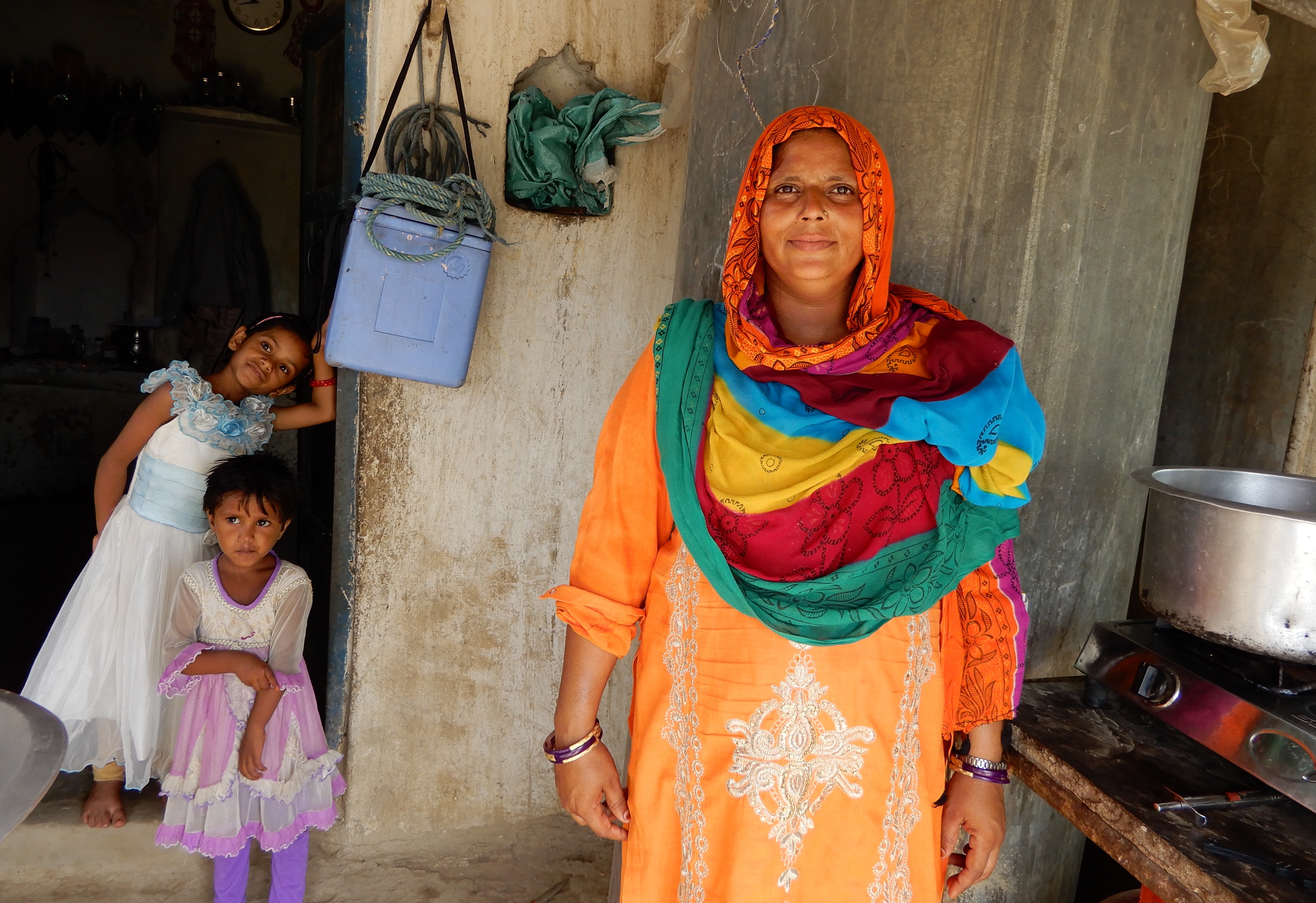
Lotus Outreach anti-trafficking, health and water service programs are are directly serving 17,000 women and children in 2019. We are proud to support the conditions for our beneficiaries to thrive.
Successful programs embrace the complex nature of the development process, and introduce holistic solutions where possible. Our scholarship programs do this, incorporating nutrition support, personal and professional development, trafficking awareness, and gender-based advocacy. Families living in poverty often rely on their girl children to help make ends meet so providing families with nutritional support helps ensure families remain committed to their girls’ education. Providing clean drinking water and health education advocacy also decreases preventable disease and directly impacts educational outcomes. Our programs integrate cross-cutting methods in areas we define as education, training, and care to support the development of communities experiencing multiple dimensions of poverty and vulnerability.
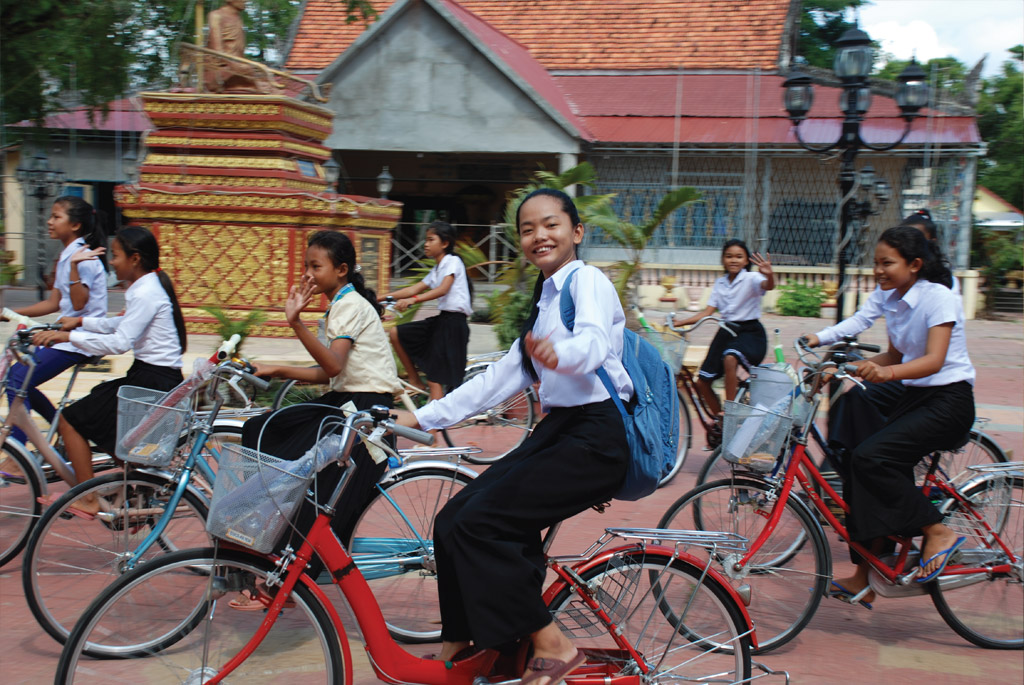
We are unique in that we have two local NGOs on the ground: one in India and the other in Cambodia. Through 25 years of experience, we have prioritized cultural nuance as a core element of program design. Values, priorities, and capabilities not only change from one country to another, but also from one village to another. Our locally-based programs allow us to implement solutions that are highly responsive to local conditions and the changing needs and priorities of our beneficiaries. Our programs align with national level social development objectives in order to best partner with local governance and communities. Program staff are native to the areas they work, which makes the work being done very personal for them. We are able to operate highly cost-effective and adaptable programs in collaboration with community support. This kind of local collaboration is essential to our approach to sustainable development.

When we say "change spreads fastest from the ground up" we mean that we believe sustainable change occurs most effectively at the grassroots. The communities we work in are our partners in advocacy and action. We rely on the mobilization of community networks through relationships built on trust and understanding. Our scholarship and access to education programs necessitate the support of teachers and community leaders, while we mobilize parents and school management committees to attend to the education of their children. At our well sites, we establish community water committees to maintain the new resources and model hygienic behaviors. In the rural health sector, we train government health workers in their responsibilities and empower them to be advocates of community health. Our lasting networks have supported our core programs for more than 10 years and exemplify the benefit of working together. Community members and beneficiaries are our long-term partners in creating change that sticks.

Ground up and participatory based community change is at the cutting edge of sustainable development approaches. We engage directly with local and multidimensional conditions to spur sustainable shifts. We start by working within existing infrastructures to deliver access to education and health services, filling in gaps in the matrix of conditions to enable success and wellbeing for beneficiaries living in poverty. A scholarship is of no benefit if girls cannot reach school, while if families are hungry they may send girls to work instead of school. We provide transport where it can help and rice support where it will maintain families’ commitments to their girls’ education. Our solutions align with local governance objectives and adapt in conversation with communities. We started LEARN by assessing school amenities. Then we initiated community mobilization around girls’ education, developed school management committees and created quality education training for teachers, which eventually gave rise to the Blossom Bus. All of our programs are replicable and scalable across the countries they operate in.

